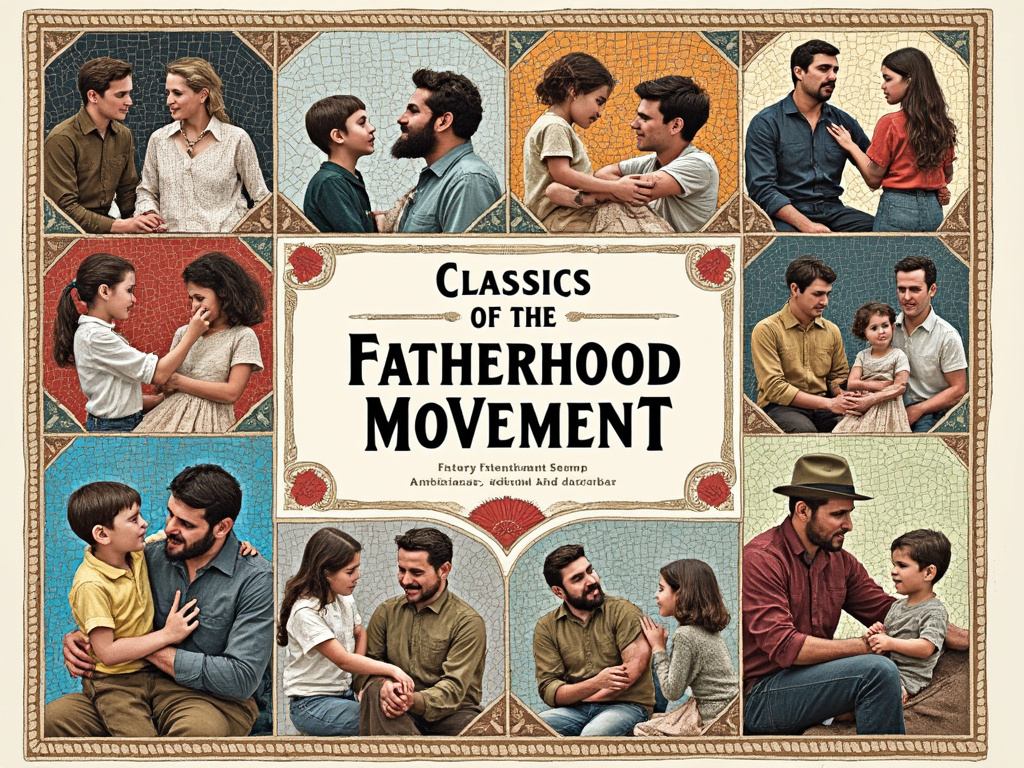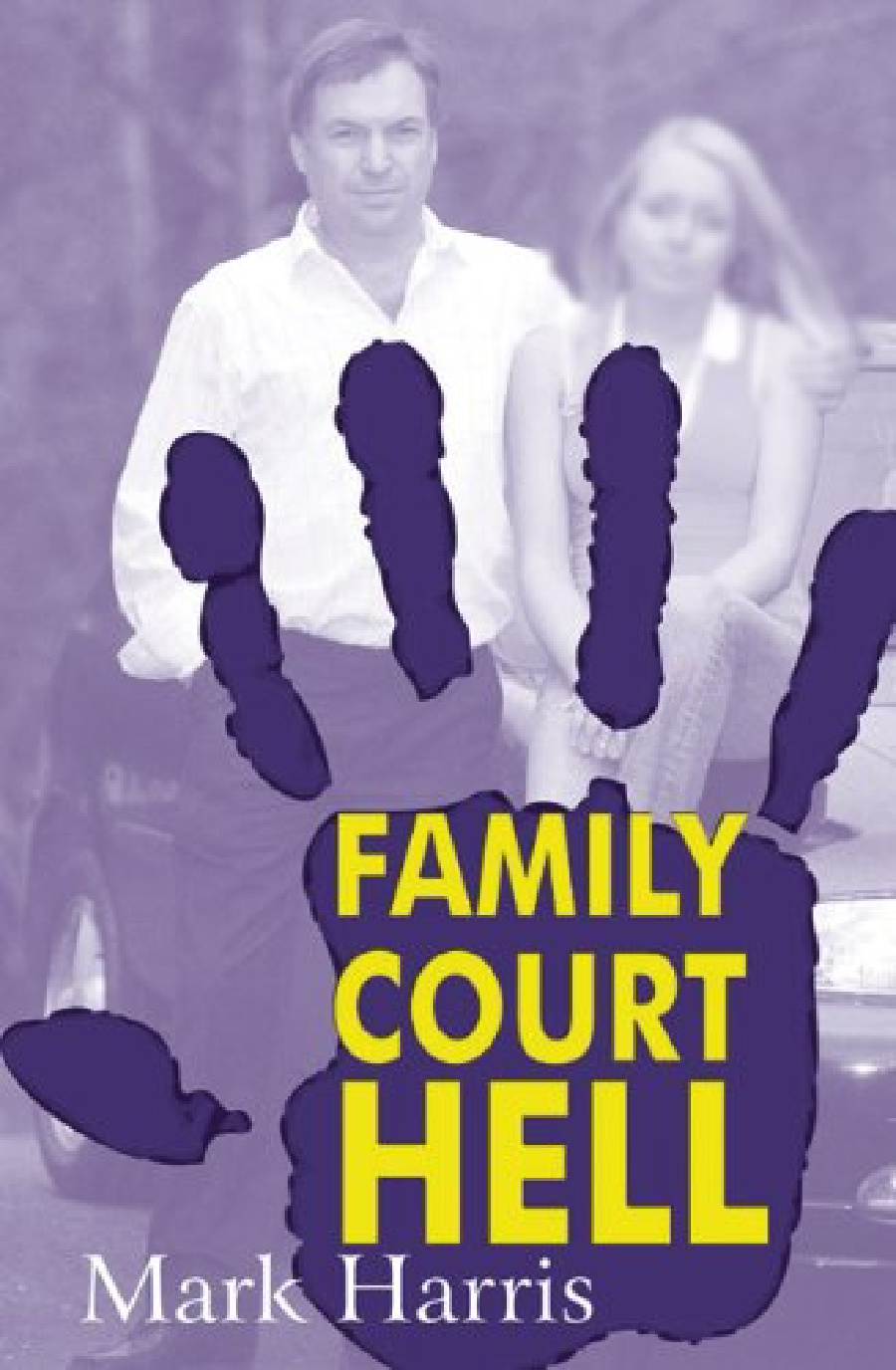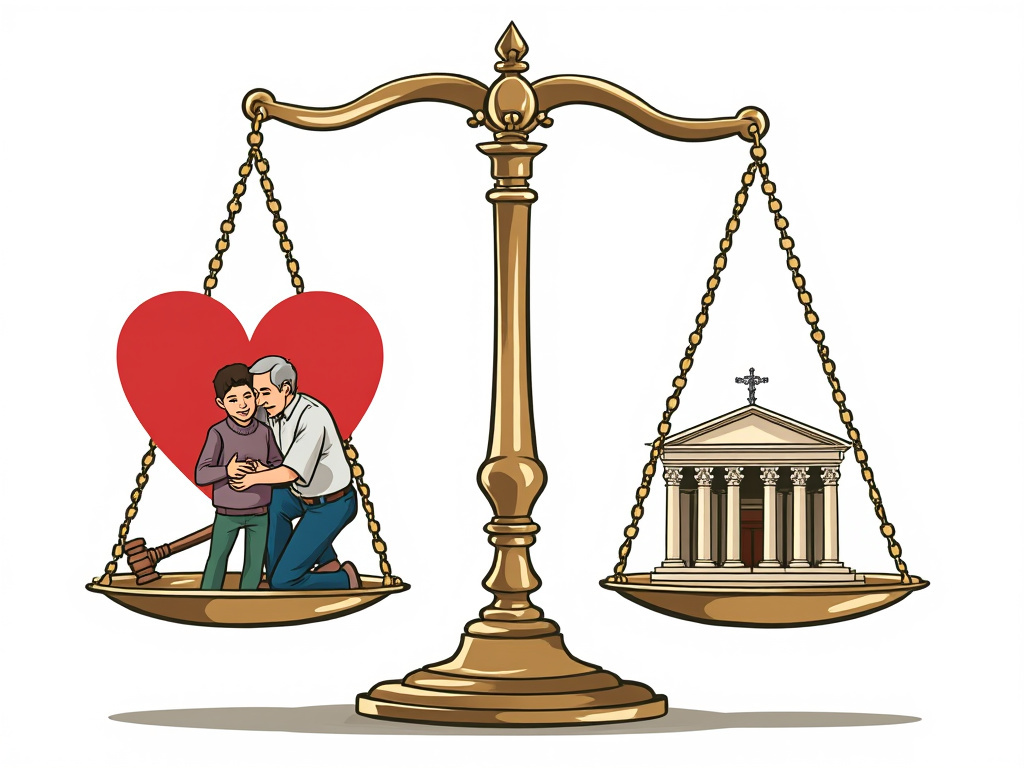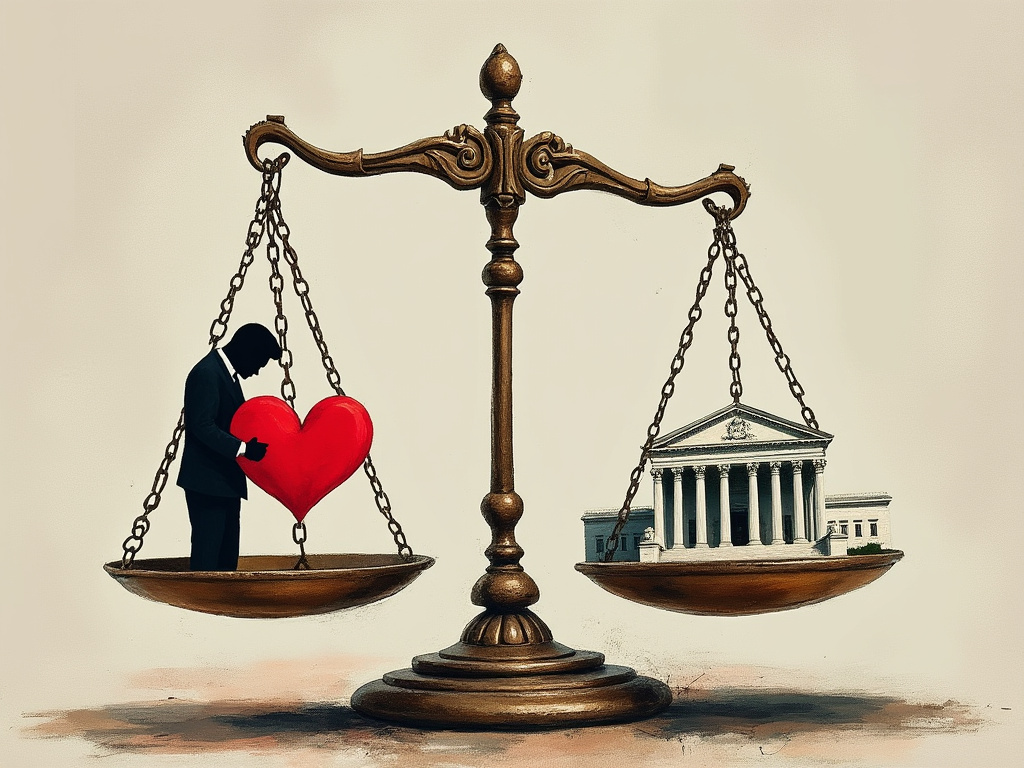“Family Court Hell” by Mark Harris is a harrowing account of one man’s ten-year odyssey through the British family court system following the painful dissolution of his marriage. This book not only recounts Harris’s personal battle for access to his young daughters but also serves as a critique of the system’s inherent biases and failures, spotlighting the broader issue of fathers’ rights.
Mark Harris’s journey began with what should have been a routine matter of child custody but spiraled into a complex legal nightmare involving 133 hearings before 33 different judges, costing the taxpayer over GBP1 million.
His story epitomises the systemic problems within family courts, where decisions often seem opaque, inconsistent, and heavily tilted against fathers. Harris was not just legally embattled; he found himself criminalised, spending time in Pentonville prison’s A Wing, surrounded by some of the country’s most dangerous inmates, for what amounted to minor infractions like waving at his children.
The narrative delves into the emotional turmoil and legal intricacies Harris faced, highlighting incidents where the court’s decisions appeared to defy logic and fairness. An example Harris provides underscores the absurdity: “I was denied access to my children, yet my ex’s new partner, who admitted to abusing them, was allowed to live with them.” This quote captures the essence of Harris’s frustration with a system that seemed to prioritize the biological mother’s rights over the child’s welfare or the father’s role.
Harris’s experience led him to become one of the founders of Fathers 4 Justice, a group advocating for fathers’ rights.
His activism, often dramatic and headline-grabbing, aimed to bring public attention to the plight of many fathers post-divorce. One of the book’s poignant moments is when Harris reflects, “The system doesn’t just fail fathers; it fails children by denying them the love and care of both parents.”
The book has received mixed reviews but stands out for its raw honesty and the spotlight it casts on an often overlooked aspect of family law. A review from Goodreads captures this sentiment: “This book is not just a memoir; it’s a wake-up call to society about the injustices fathers face in family courts.”
Another review praises its bravery, stating, “Mark Harris’s ‘Family Court Hell’ is a courageous narrative that challenges readers to reconsider the biases within our judicial system concerning parental rights.”
These reviews encapsulate the book’s impact, not just as a personal account but as a broader social commentary. Harris’s narrative is laced with legal insights, emotional appeals, and a call to action for reform. He doesn’t shy away from criticizing the secrecy within family courts, which he believes perpetuates injustices: “The family court operates in secrecy, which breeds corruption and bias.”
“Family Court Hell” thus serves multiple purposes: it’s a memoir of personal struggle, a critique of legal systems, and an advocacy piece for fathers’ rights. Harris’s journey, marked by legal battles, public protests, and personal loss, makes a compelling case for transparency, fairness, and equal consideration of both parents in child custody disputes.
The book leaves readers with a stark awareness of how the law, intended to protect, can sometimes fail its most vulnerable — the children caught in the middle of their parents’ disputes. Through his account, Mark Harris not only seeks to change his fate but aims to influence a system overhaul, advocating for a more balanced, humane approach to family law.
CLASSICS OF THE FATHERHOOD MOVEMENT
CLICK ON THE IMAGE BELOW TO SEE THE SERIES SO FAR

OUT SOON
MARKING THE 50TH ANNIVERSARY OF THE AUSTRALIAN FAMILY LAW ACT





1 Pingback